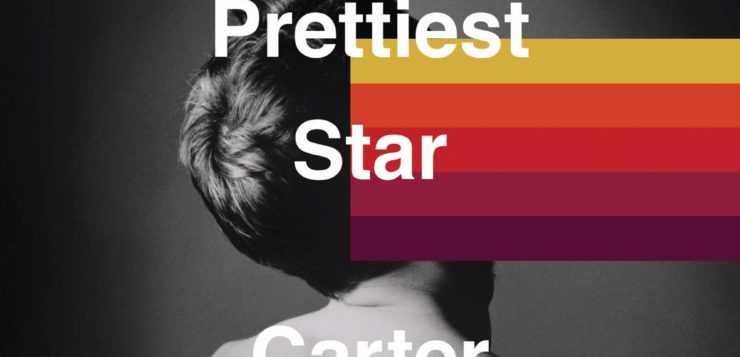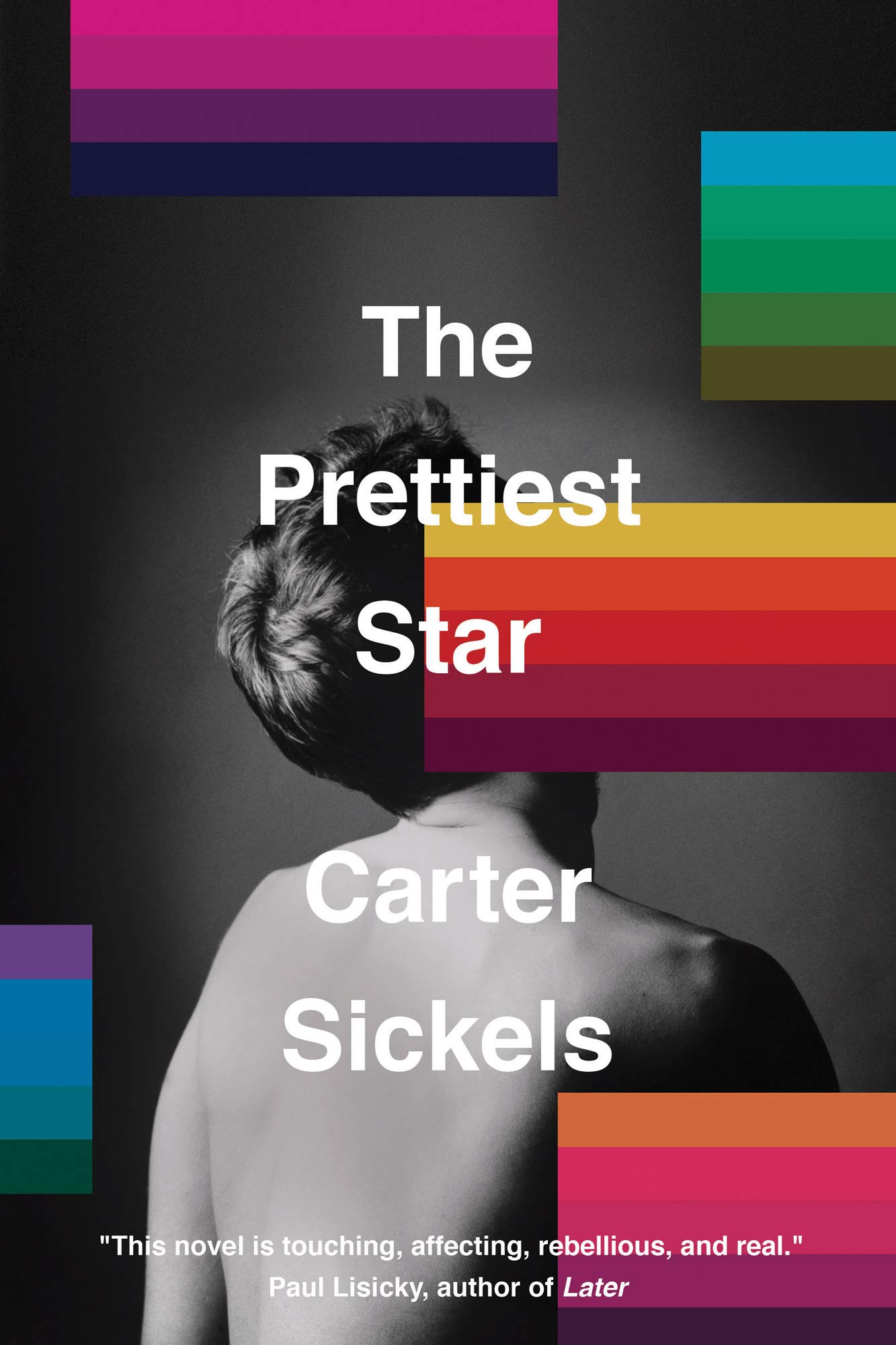MANY BOOKS have been written about the early days of the AIDS crisis that focus on the stories of the victims of the plague and the pain, homophobia, and helplessness that they endured. There is also a story to be told about what happened to their family members, and the effect it had on their standing in the community. What makes Carter Sickles’ new novel The Prettiest Star different is that it tells the story not only of Brian, a young man dying from AIDS, but also of his family and the suffering, discrimination, and harassment they went through.
The year is 1986, and Brian, age 24, has witnessed his partner and most of friends succumb to AIDS. Now in the later stages of the disease, he has decided to leave New York City, where he’s lived for the past six years, and return to his hometown of Chester, Ohio. He has written to his mother Sharon asking to come home, revealing that he has AIDS. This presented the first conflict for his parents: at last, their son who left wants to come home, but not only is he gay, now he has AIDS. “What will people think?” worries his mother. For this is small-town America, where ignorance and prejudice about the epidemic are almost complete.
The story is narrated by Brian but also by his mother Sharon, who records her struggles with her marriage as well as her feelings toward Brian, even as she’s dealing with the neighbors’ hate and the trials of his fourteen-year-old sister Jess, who is also given a narrative voice.
Everyone knows that Brian is sick when they first see him, what with his bone-thin face and body, but his father Travis insists that they keep his sexuality and illness a secret. Travis also demands that Brian eat and drink from different dishes and that his mother wash his clothes and bed linens separately from everyone else’s. As Brian’s condition deteriorates, people begin to suspect what’s going on, including his sister, who has been kept in the dark. Through a bit of sleuthing, Jess discovers some of Brian’s previously recorded documentary videotapes in which he talks about having AIDS. Word begins to leak out, and soon the insidious seeds of hate and fear are sown throughout the town.
Sickles deftly portrays the shame and hurt that the family experiences as their neighbors and friends react with unfettered cruelty to the news. The first incident occurs when Brian is forced to leave the public swimming pool following the pool manager’s public announcement that he was infecting the water. Additional incidents will follow: taunting and fear by the crowd, scenes of shame and regret in the immediate family.
Things spiral out of control and the family begins to receive disgusting phone calls. Hate mail is published in the local newspaper, and his younger sister is taunted at school. It comes to a head when someone paints the word “FAGGOT” on their garage door, and then a gunshot is fired through Brian’s father’s car window. Brian’s only defenders are his grandmother Lettie and his good friend Annie, an out lesbian friend from New York who visits twice, offering care and solace as he enters the final stages of the illness.
Brian’s mother and father eventually realize that they have failed their son. Sharon comes to his aid toward the end, but Travis keeps his distance, mourning the loss of his son and what he never was. Sharon reflects on the position of her husband: “It wasn’t just that he was embarrassed—there was that, but it was more. He was scared. He didn’t know how to protect his son, how to save him. That’s what went wrong: he let him down. The things people said, the way they acted. They helped kill his son. His silence. He helped kill his son.”
Sickles has written a painfully honest account of the toll that AIDS could take on the families of its victims in the crisis years. It’s a brutal story of how harassment and vindictiveness can tear apart an individual and a family, and how brutal people can be when stoked with fear and prejudice and an alarmingly lack of knowledge. But it’s also a tale of how the people facing these assaults can respond with strength and courage while dealing with suffering and ostracism.







